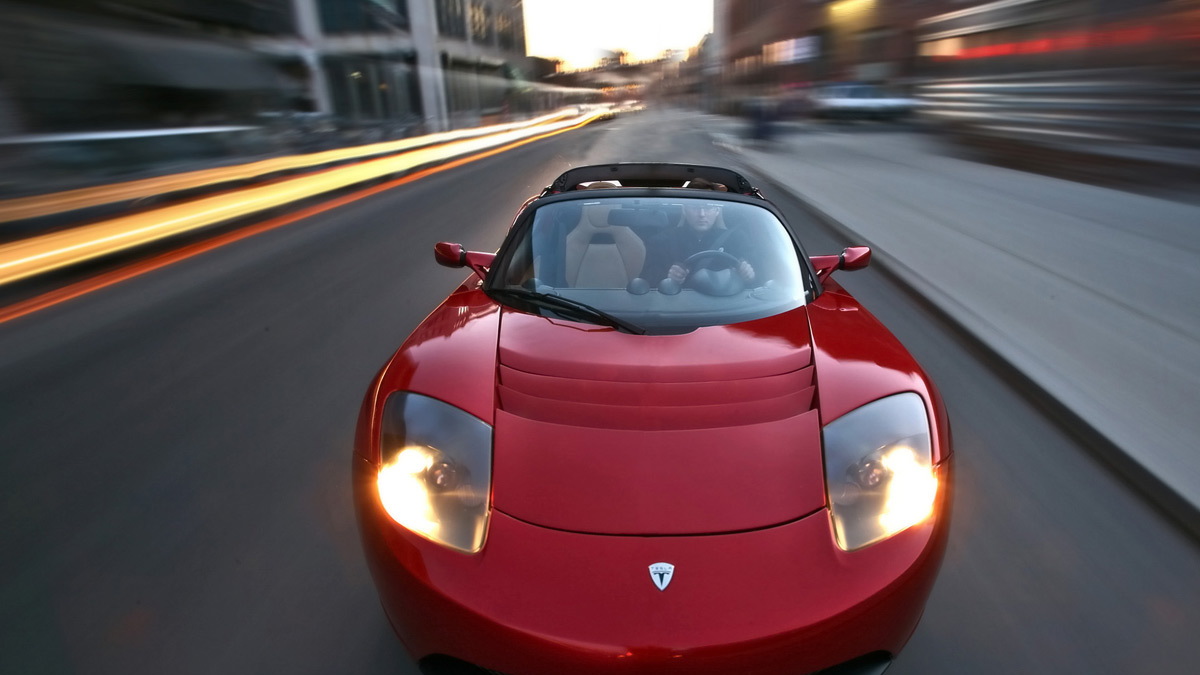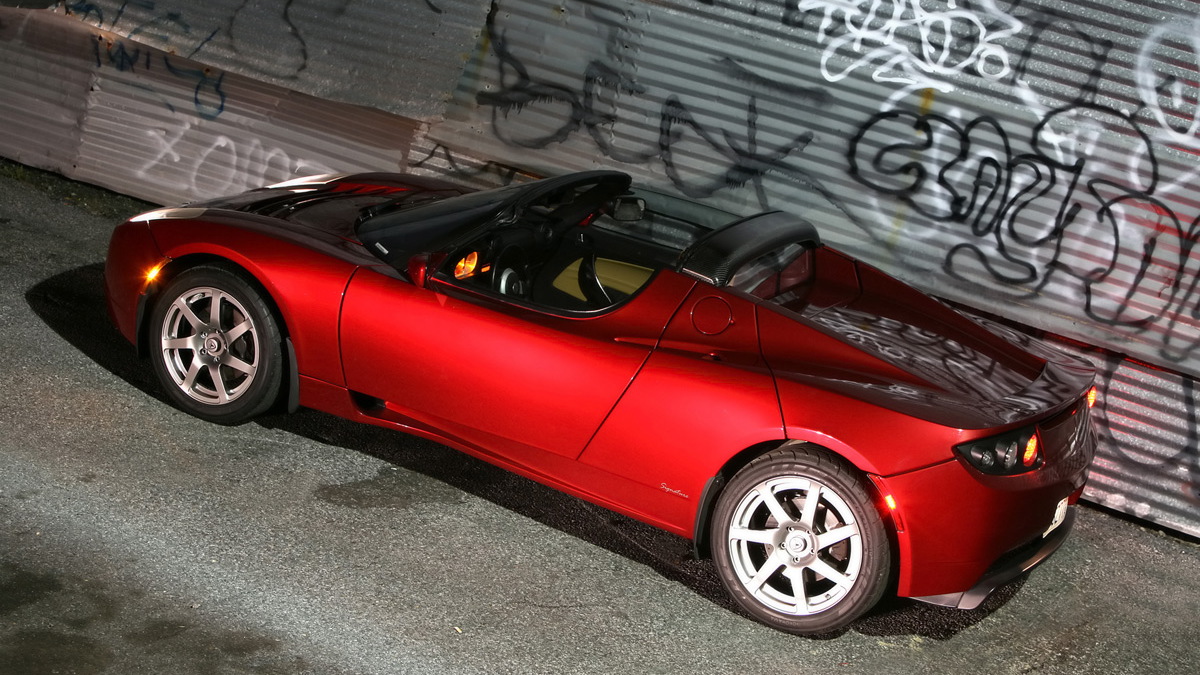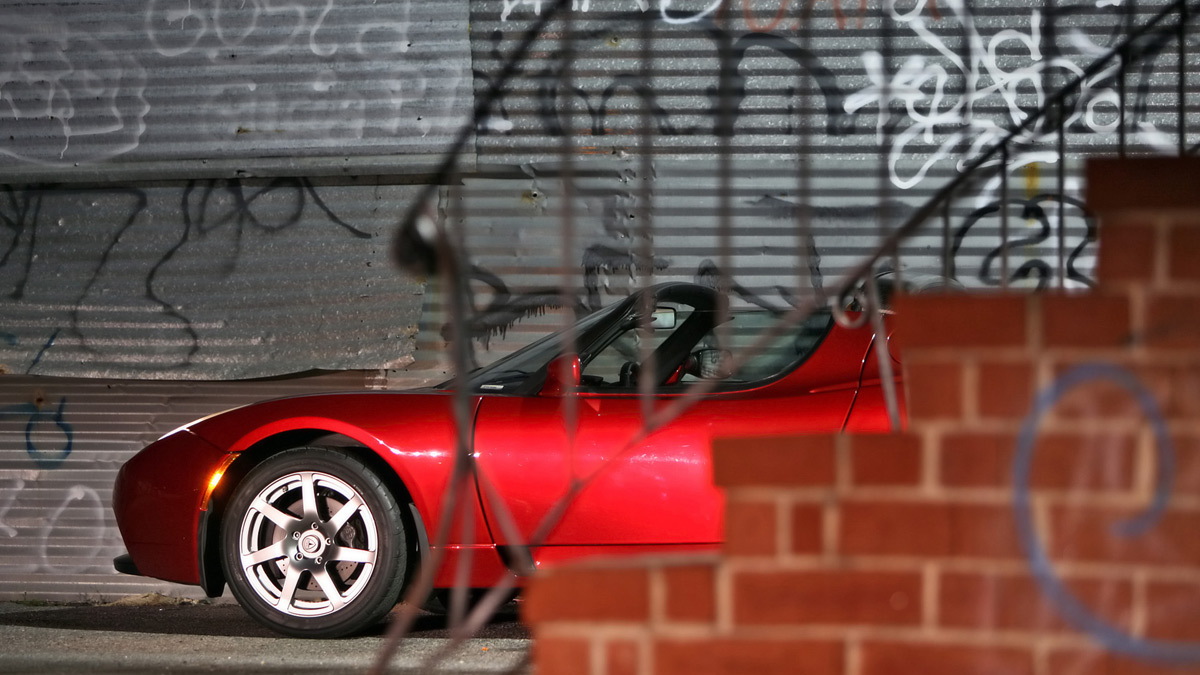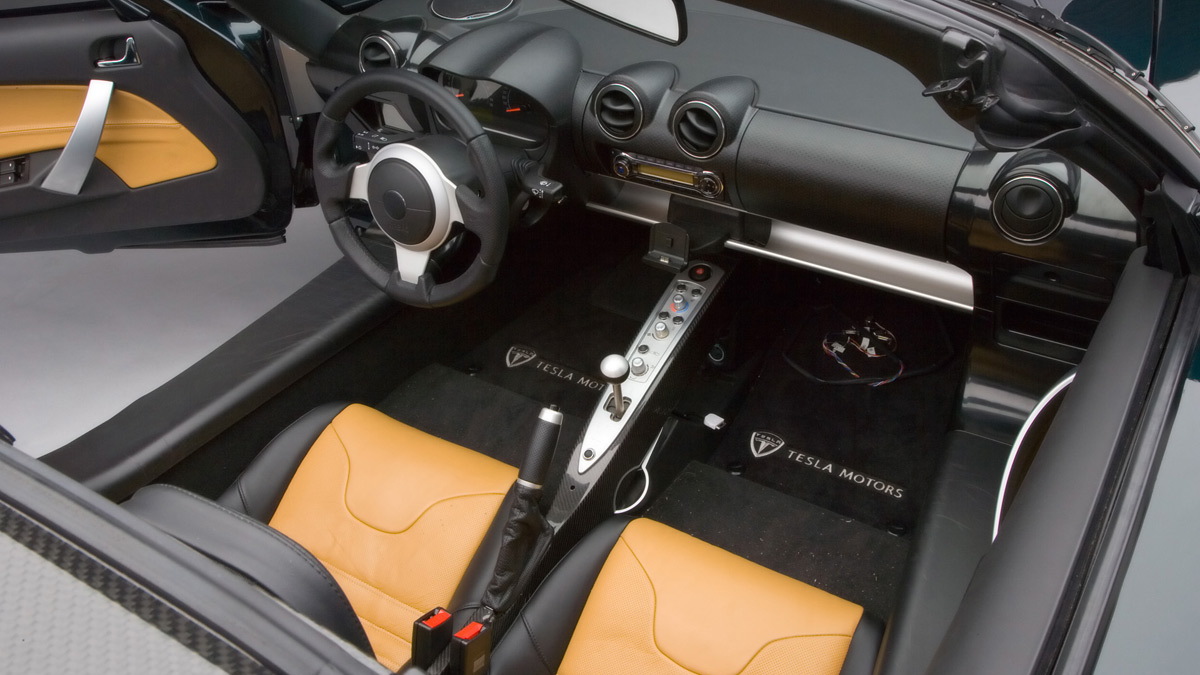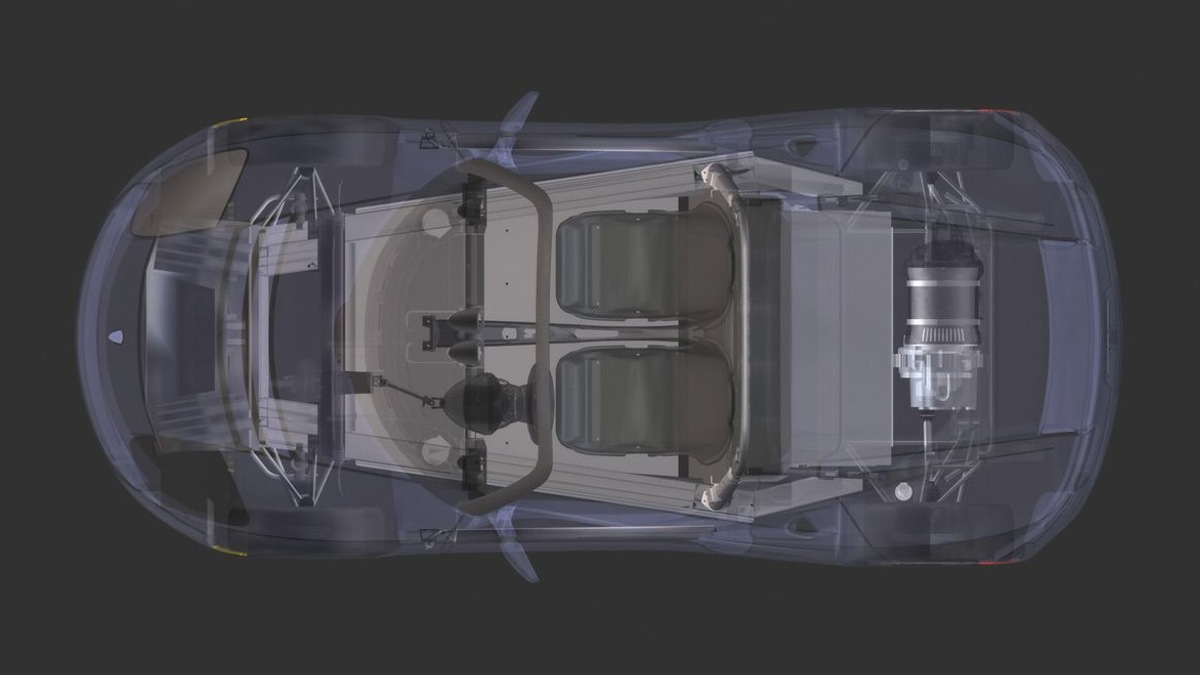The executive reshuffling at fledgling electric sports car company Tesla has been rather prominent in the recent past, with the company claiming three CEOs in the last three years alone. However, the original founder and designer of the famed Tesla Roadster recently caused a ruffle when he filed a lawsuit against current Tesla CEO, Elon Musk, claiming a number of actions that could be potentially damaging to both Musk and the company.
According to latest reports the lawsuit has been dismissed at the request of the Tesla founder Martin Eberhard. Eberhard voluntarily requested that the suit be dropped on Aug 7, according to his lawyer, Yosef Peretz. Strangely, the lawsuit was allowed to proceed by a judge just days before it was reportedly dropped.
The original lawsuit, which covers libel, slander and breach of contract claims that new CEO Musk systematically set out to oust him and gain control of the company when he first became an investor. On top of this, Eberhard is claiming that Musk is discounting Eberhard's role as the founder of Tesla and the key development role he played in the Roadster. Furthermore, Eberhard is alleging that Musk is claiming to have founded the company and originally had the idea behind the Tesla Roadster.
Other claims in the court documents state that Musk informed a number of media outlets that not only was he the visionary behind Tesla Motors, but that Eberhard was the one responsible for production delays and the company's financial instability - characterizations that Eberhard apply to Musk, rather than him.
Finally, Eberhard was also suing for severance pay that he has not received, as well as a special Founders' Series of the Tesla Roadster, which was limited to the first few Tesla models off the assembly line. Apparently he was promised one of these early models, which his lawyers claim could be worth several million dollars in time, but instead Musk gave the car to a friend. The Roadster that Eberhard was delivered eventually was smashed up due to some endurance testing that required running the car into the back of a truck.
